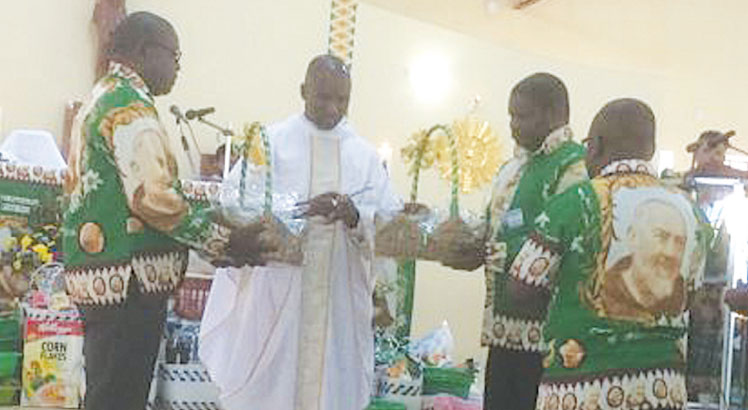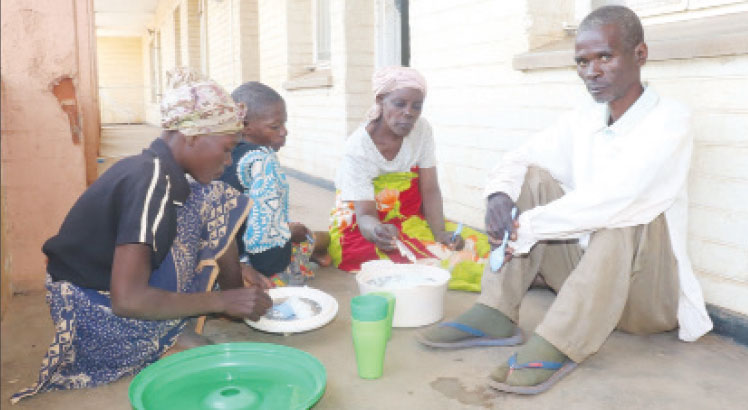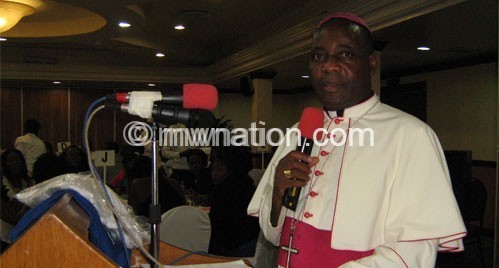Evangelical Association for Fisp phase-out
The Evangelical Association of Malawi (EAM) has challenged government to find an alternative replacement for the Farm Input Subsidy Programme (Fisp), arguing the current programme has failed to achieve its goal of ending hunger in the country.

EAM chairperson Dr Zacc Kawalala told the media in Lilongwe last weekend that Fisp is a drain on the taxpayers as government invests huge sums of money, but gets less output at the end.
Kawalala attributed the trend on government’s poor implementation measures, corruption and unpredictable rainfall patterns that beneficiaries receive.
The cleric observed that Fisp is not the best tool Malawi should use to pull resource-poor farming families out of abject poverty.
“We are not against empowering poor farmers. But everyone can agree that this programme has failed to achieve its goal of fighting hunger and alleviating abject poverty. We suggest that government should find an exit plan to it,” he said.
Langson Mtika, a 38-year old farmer in Mgawanyika Village in Traditional Authority (T/A) M’mbelwa in Mzimba told our bilingual paper—FUKO—last month that the targeted Fisp is breeding enmity between chiefs and their subjects.
Mtika further stated that the programme has entrenched the culture of bribes and corruption among rural folks as they are forced to chiefs to be considered.
“All along, we have been paying K5 500 to buy a single bag of fertiliser with K5 000 being ‘ya Fanta’ for the officer. I do not know how much will be required to pay with the price hike on the inputs,” he feared.
Mtika recommended that government should mobilise resources for a universal subsidy.
However, Minister of Agriculture and Food Security, Dr. Allan Chiyembekeza said in an earlier interview that government does not plan to phase the programme out anytime soon.
Chiyembekeza also disclosed that the programme is bailing out thousands of resource-constrained farmers from perennial hunger. n





